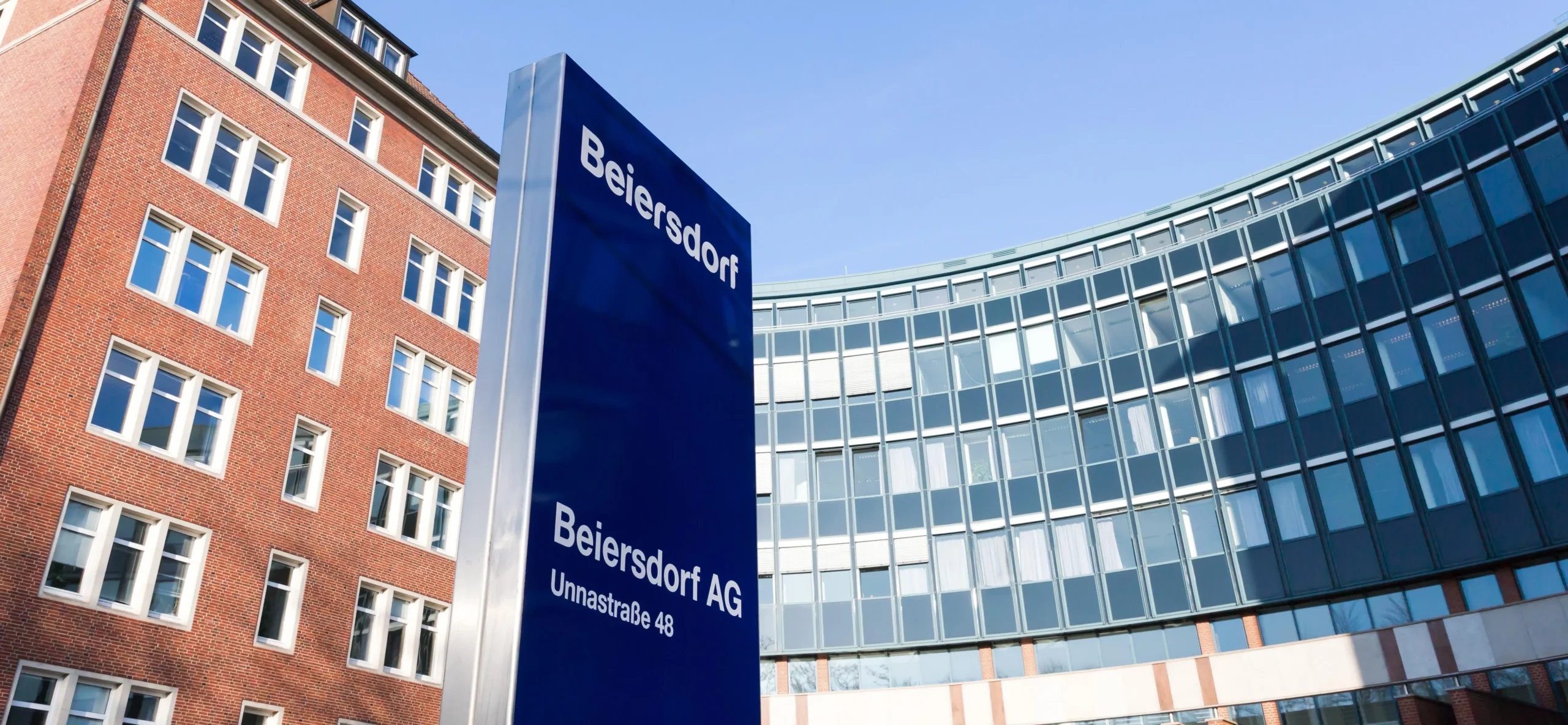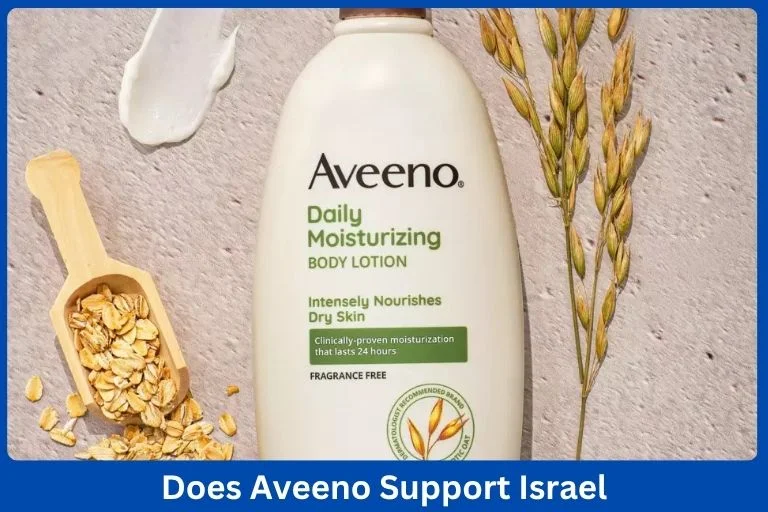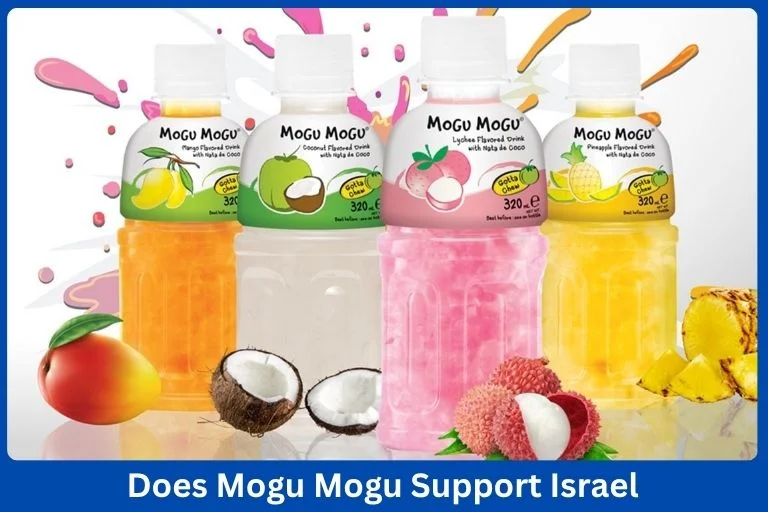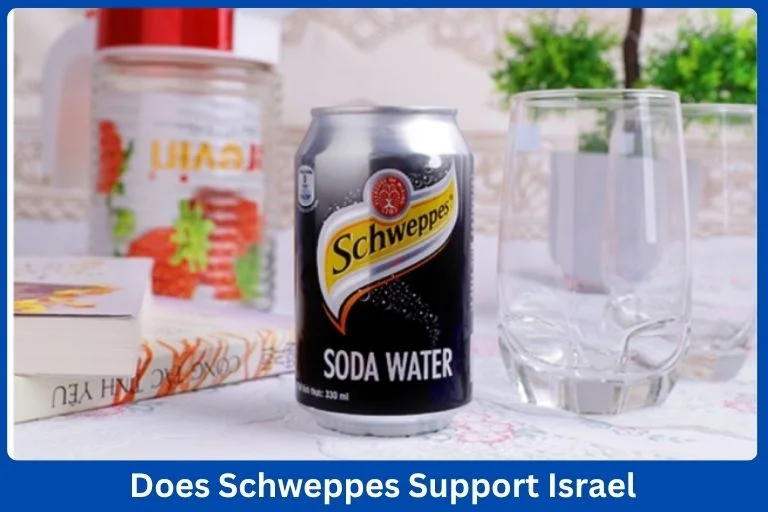Does Beiersdorf Support Israel? The Truth About Nivea’s Parent Company
If you’re reading this, you’re probably standing in a store aisle looking at Nivea products, or maybe you saw something online that made you pause. In today’s world, where every purchase feels like a political statement, it’s completely normal to wonder: does Beiersdorf support Israel? As the parent company of household names like Nivea, Eucerin, and Elastoplast, Beiersdorf’s business connections matter to conscious consumers. After thoroughly researching this topic, I can tell you that this isn’t a simple yes-or-no answer. However, here’s what I found by checking official sources, annual reports, and ethical databases.
What is Beiersdorf’s Connection to Israel?
Let’s get straight to the point. Beiersdorf, the German skincare giant, does operate in Israel through its local subsidiary Beiersdorf Israel Ltd. This means you can find Nivea products on Israeli shelves and the company maintains business operations there. However – and this is crucial – having a business presence doesn’t automatically equal political support.
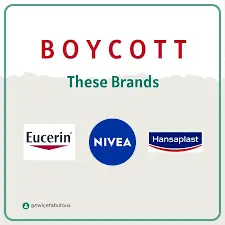
From what I’ve uncovered through their annual reports and corporate statements:
- They have a registered office in Israel (standard for multinational corporations)
- Their products are distributed through major Israeli retailers
- They employ local staff in their Israeli operations
- There’s no evidence of manufacturing facilities in Israel
The Parent Company Factor: Why This Matters
Here’s where things get complicated. While Beiersdorf itself maintains a relatively neutral corporate stance, its parent company structure and business relationships have drawn scrutiny from ethical watchdog groups. The BDS movement hasn’t placed Beiersdorf on its primary boycott list, but some activists argue that any business operation in Israel indirectly supports the status quo.
What surprised me during my research was discovering how many everyday products come from companies with Israeli connections. It’s not just obvious targets like tech companies – even your skincare might have these complex ties.
Personal Experience: My Journey With Ethical Consumerism
I’ll be honest – I used to buy Nivea cream without a second thought. But when I first learned about potential Israeli connections, I felt that sinking feeling of “not another brand.” I spent hours researching, emailing companies, and checking ethical databases. What I learned is that nothing is black and white – every company has complex supply chains and business relationships.
The truth is, most corporations operate on a global scale, and avoiding every company with any connection to Israel would mean giving up most mainstream products. What matters more is understanding the degree of involvement and making choices that align with your values.
Ethical Alternatives to Beiersdorf Products
If you’re uncomfortable with Beiersdorf’s Israeli connections, here are some excellent alternatives I’ve discovered:
Local Brands
Supporting local skincare companies is often the most ethical choice. In many countries, you can find:
- Locally made moisturizers and creams
- Small-batch skincare producers
- Traditional beauty products using local ingredients
BDS-Approved Brands
These companies have no Israeli business connections:
- The Ordinary (cruelty-free and transparent)
- Paula’s Choice (science-backed skincare)
- Local herbal and natural brands
DIY Options
For the truly committed:
- Simple olive oil moisturizers
- Shea butter-based creams
- Natural aloe vera treatments
FAQs
Does Beiersdorf have factories in Israel?
No, Beiersdorf doesn’t manufacture products in Israel. Their presence is primarily through sales and distribution offices.Is Nivea an Israeli brand?
No, Nivea is a German brand founded in Hamburg in 1882. While it’s sold in Israel, it’s not Israeli-owned or produced.Should I boycott Beiersdorf products?
This is a personal decision. While Beiersdorf operates in Israel, they’re not on major boycott lists. Consider your comfort level and research alternatives if needed.How can I verify a company’s Israeli connections?
Check these reliable sources: – WhoProfits.org (comprehensive database) – BDS Movement official website – Ethical Consumer magazineResources for Further Research
If you want to dig deeper, here are the resources I used:
- Beiersdorf Annual Reports – Official corporate documents
- WhoProfits Research Center – Independent corporate research
- BDS Movement – Official boycott recommendations
- Ethical Consumer – Brand ratings and alternatives
Summary
After all my research, I’ve learned that does Beiersdorf supports Israel is a complex question. They certainly do business there, but whether this constitutes “support” depends on your perspective. What matters most is that you’re asking these questions and making conscious choices. Remember that perfect ethical consumption doesn’t exist – what’s important is that we keep asking questions and making the best choices we can with the information available.
Your skincare choices won’t single-handedly change geopolitics, but they do reflect your values. And that’s something worth thinking about next time you’re standing in that store aisle.

